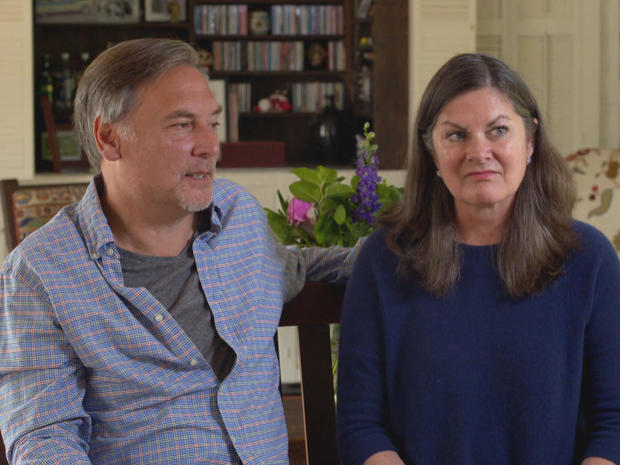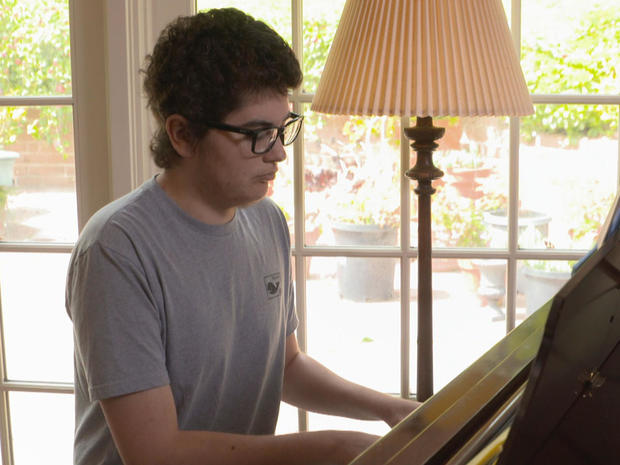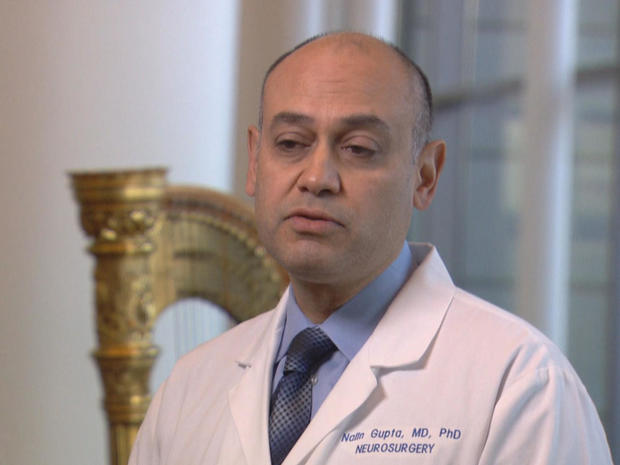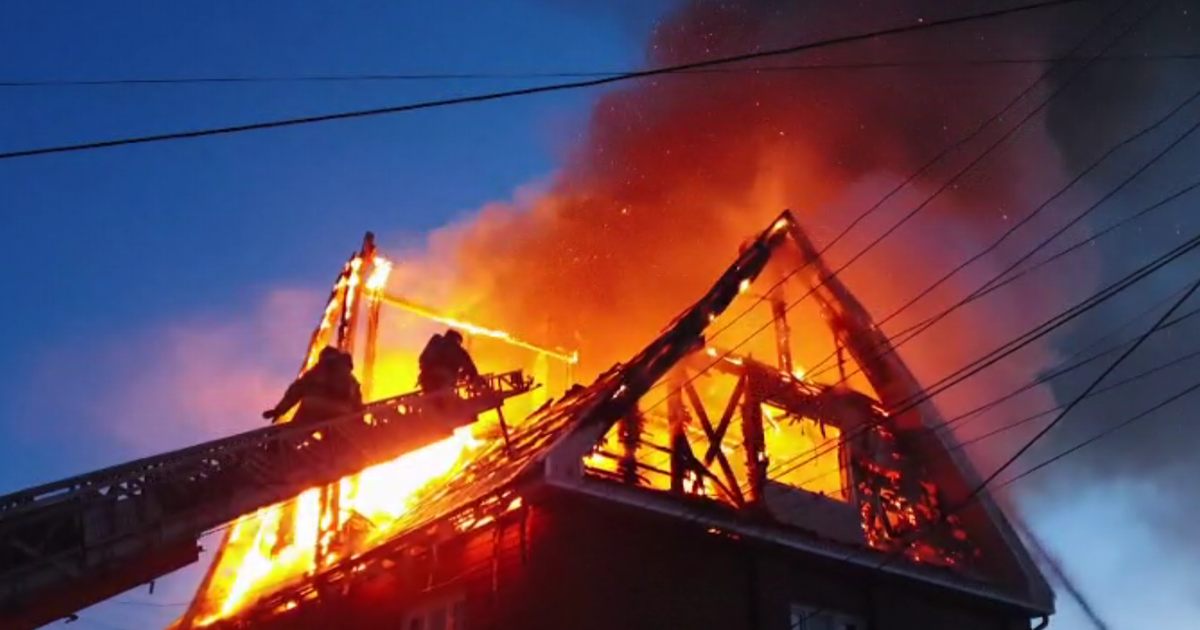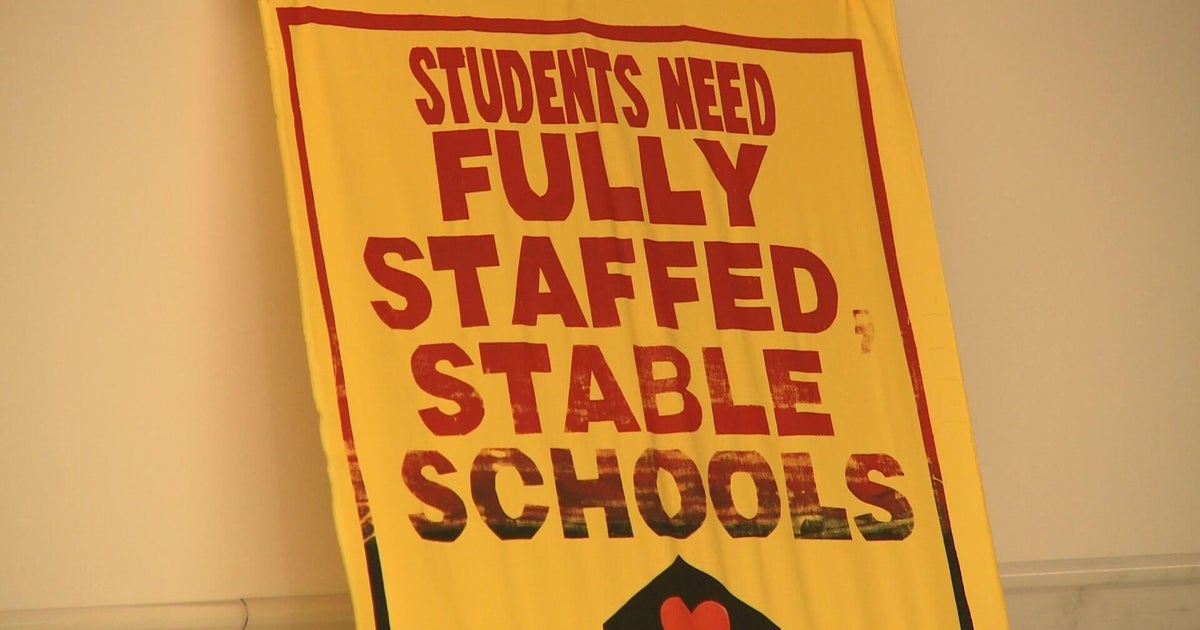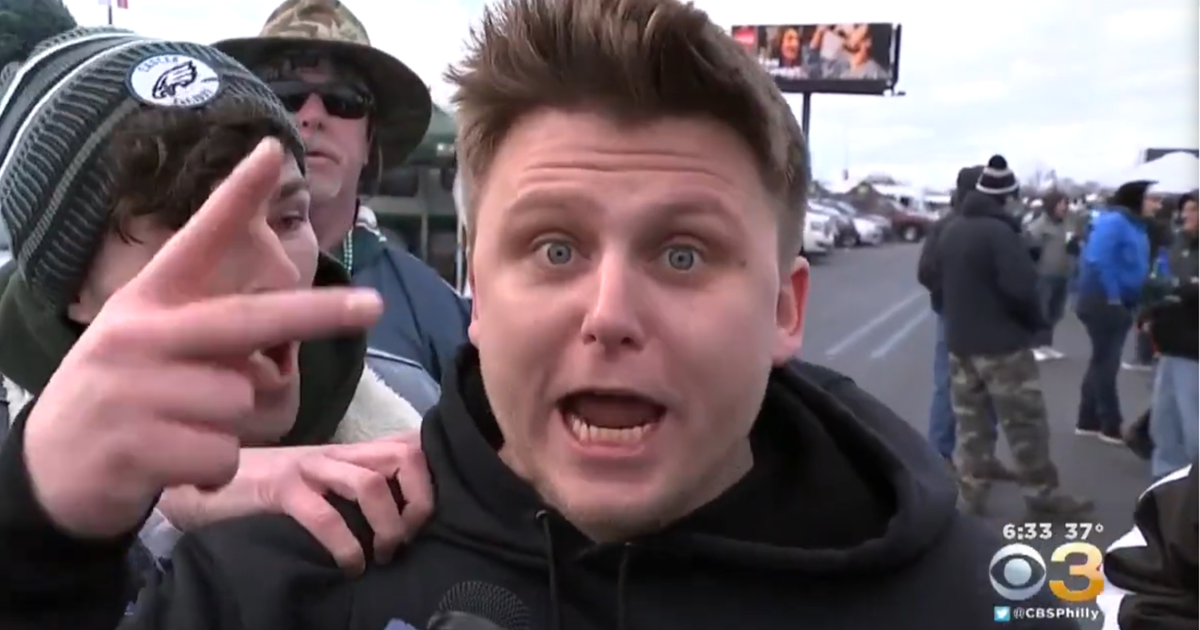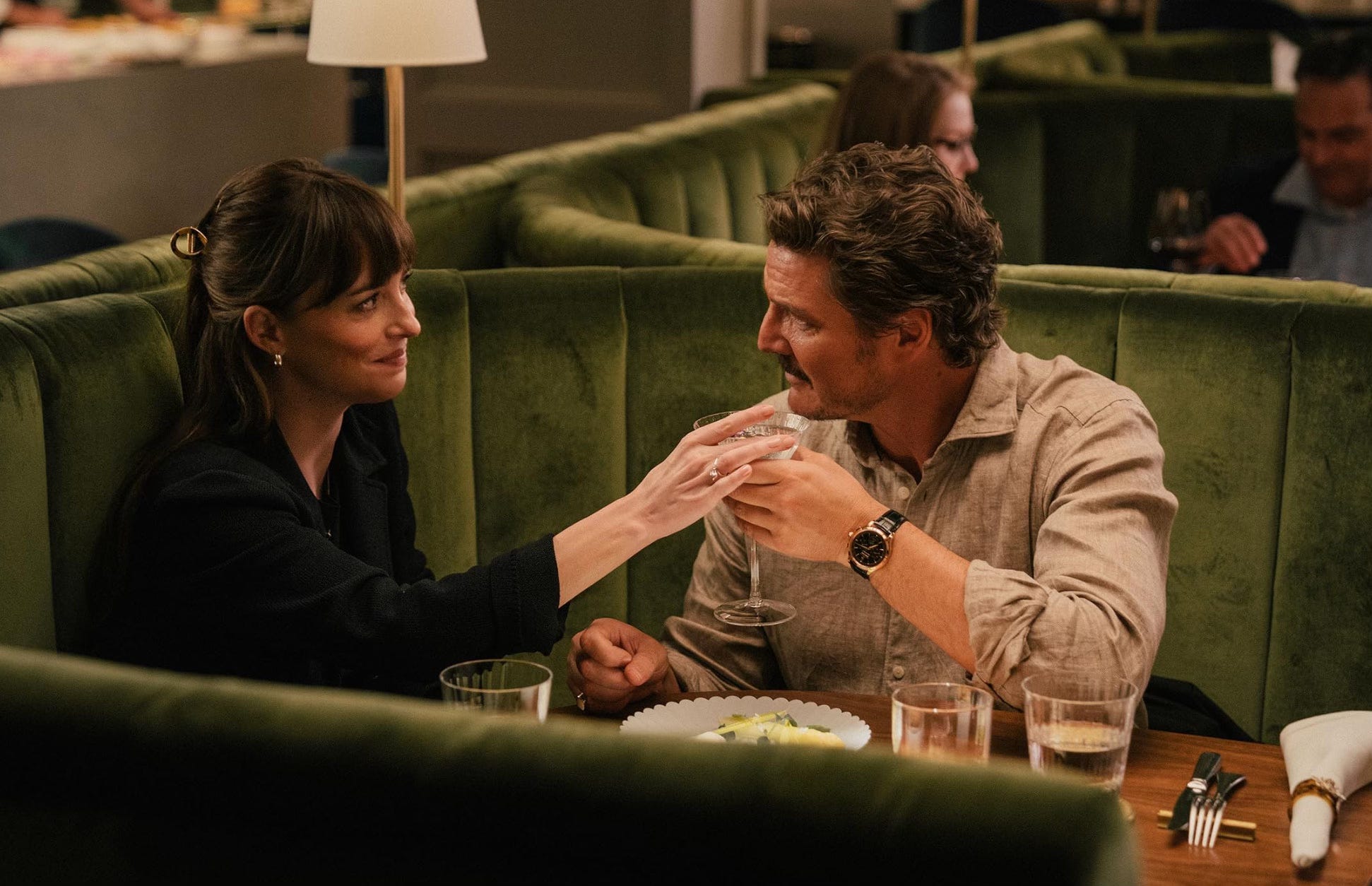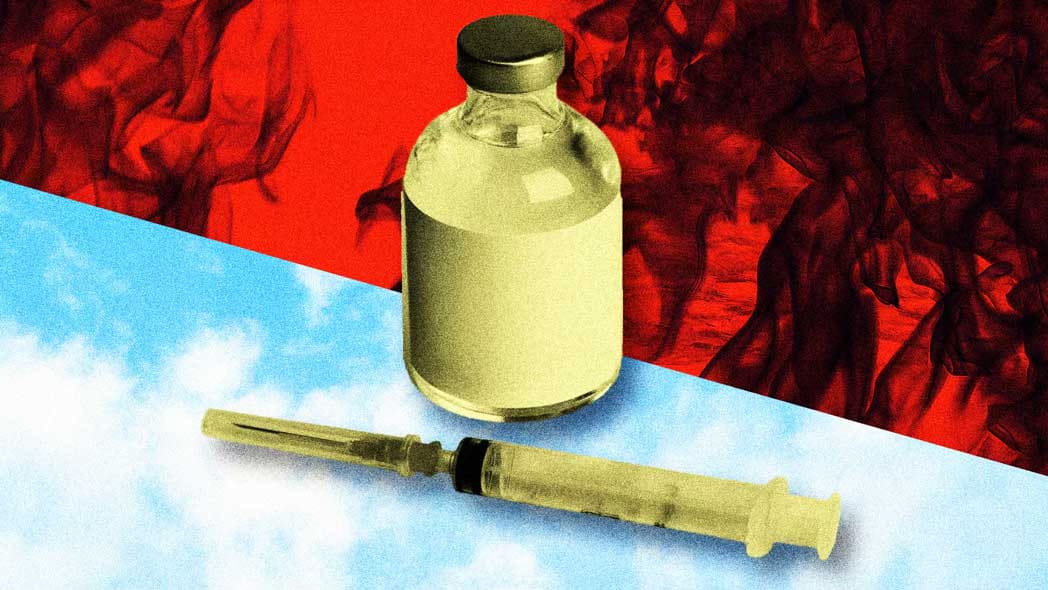Can all the money in the world beat cancer?
Curing your child's disease at any cost is a promise not a lot of parents are in a position to make. Tracy Smith introduces us to a couple who are determined to give it their all:
From the looks of it, the McDowell family has it made. They have a beautiful home with a front lawn big enough to keep horses, on a secluded street in Pebble Beach, one of the prettiest -- and priciest -- spots on the Northern California coast.
But what the McDowells really want to buy now is a cure for their son's cancer.
Smith asked, "How much of a difference does money make in this fight?"
"Well, sadly, it's all about money," said Rider McDowell.
The thing is, money hasn't really been a problem of late: Rider and Victoria, who were married in 1991, made a fortune together with home health products like Airborne Immunity Boost and Pine Brothers cough drops.
And their real riches came in 2000, when Victoria gave birth to a son, Errol, and eight years later to twin boys, Mac and Piers.
For a time, it seemed that the McDowells had everything.
"We used to say, 'Wow, we're almost too lucky. This almost feels like the boom is gonna drop on this,'" Rider said.
And then, the boom dropped.
Five years ago, Errol (now 18) was diagnosed with medulloblastoma, a rare brain cancer. Surgery and chemo chased it away, for a while; now it's back.
But Errol is optimistic. "I'm very blessed," he said. "Every day, I think I'm unlucky 'cause of the cancer. I have to remind myself that I'm very lucky, because you know, I have the means to kill it."
The key word here is "means." For instance, when the McDowells heard about Anti-CD47, a promising new treatment that wasn't yet available, they were able to offer $10 million to anyone who could legally provide irt, for Errol and any other kid with brain cancer.
Smith asked, "Did somebody take you up on it?"
"Somebody did, and they were so gracious that they didn't want the $10 million," Rider said.
The Anti-CD47 wasn't the silver bullet the McDowells were hoping for, but they're convinced that Errol's cure might still be just a few dollars away, and they could be right, says Dr. Nalin Gupta of UCSF's Benioff Children's Hospital.
Smith asked, "Can a cancer be cured if we throw enough money at it?"
"I think we can," Dr. Gupta replied. "And I think we can accomplish that with some realistic expectations of what the goals are."
And right now, the McDowells' goal is more money. They've assembled a team of doctors and researchers, and publicly asked Jeff Bezos, the billionaire founder of Amazon, for a $250 million loan to fund an all-out effort.
Rider said, "The $250 million would be used specifically for pediatric brain cancer research, to cure pediatric brain cancer. We could fix that with $250 million."
Dr. Gupta said, "That $250 million answers a lot of questions. And that's when I say that ultimately the money gives you more options, but the money is not a cure. It's hope."
The McDowells' hope has a new urgency: Since his relapse, doctors say Errol's chance of long-term survival has plunged from 85 percent to around ten.
Smith asked, "Do you allow yourselves to think that you could raise all this money and it might not make a difference in his case?"
No, replied Victoria McDowell: "If we go there, we're lost. We have to keep going forward."
"And if we could change places with him, we would, you know?" added Rider.
"So, do you still consider yourself lucky?"
"Oh, yeah," Rider said.
"We still have our three boys," said Victoria. "Errol's still here."
For more info:
Story produced by John D'Amelio.
